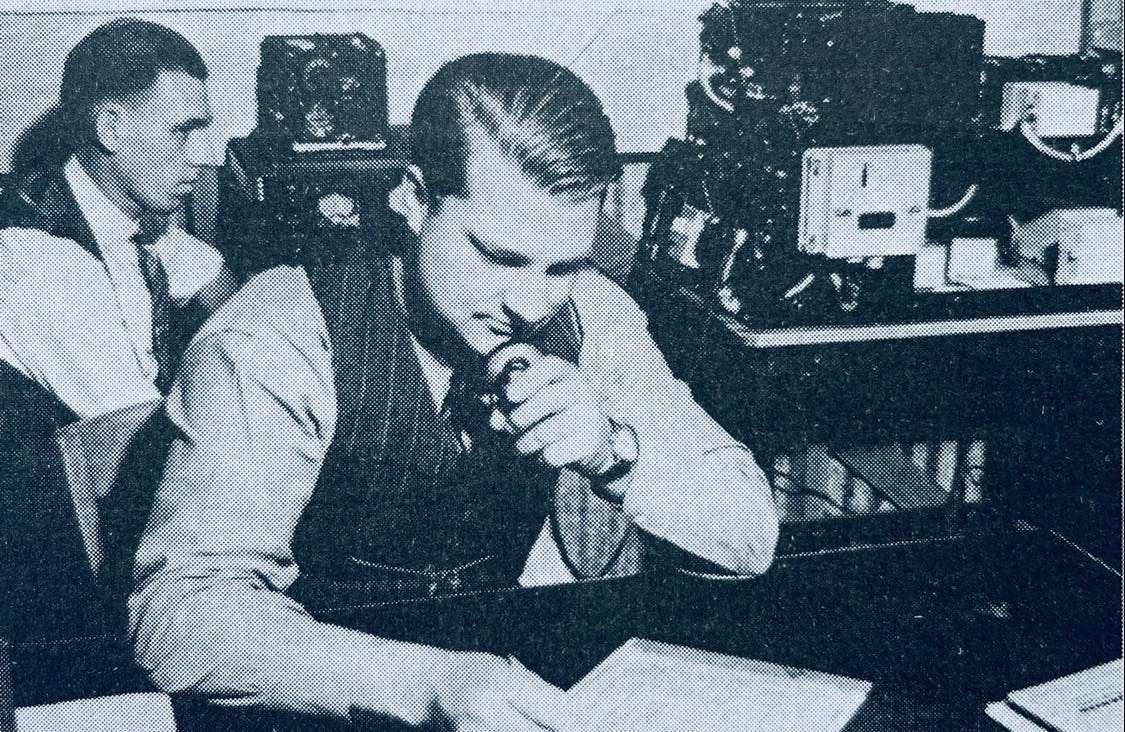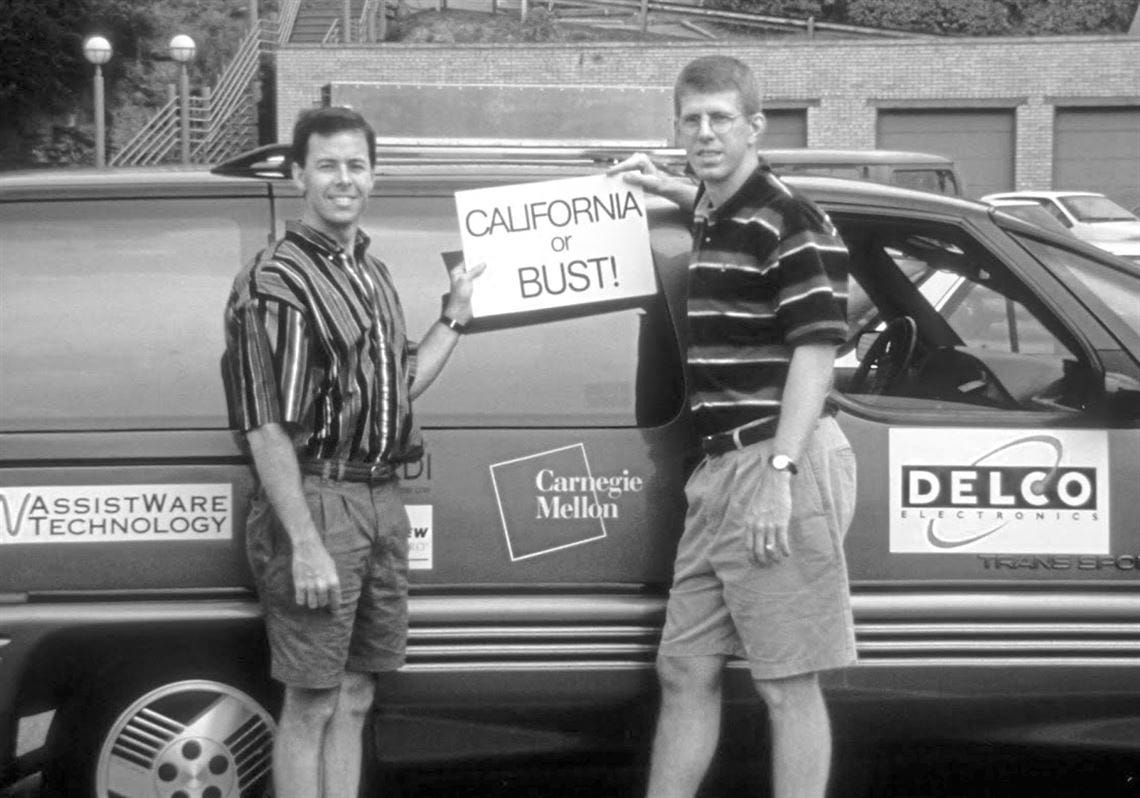
Bottom Line Up Front: Recently, large pots of federal funds have been set aside for chip research. A significant portion of these funds should find their way to research teams that operate like the best research groups from the prior, vertically-integrated era. Two ideal teams to learn from are BBN — the prime ARPAnet contractor — and CMU’s early autonomous vehicle teams, who laid much of the groundwork for the autonomous vehicle revolution.









